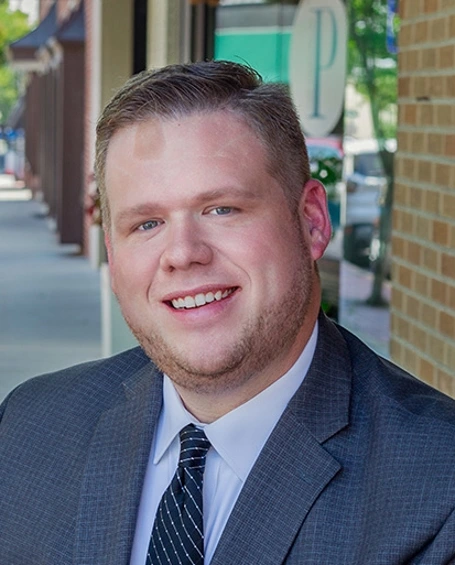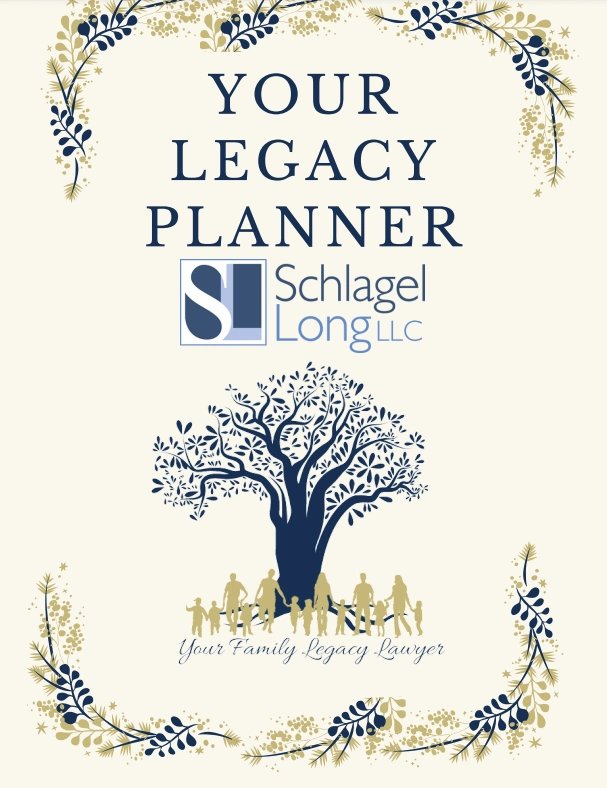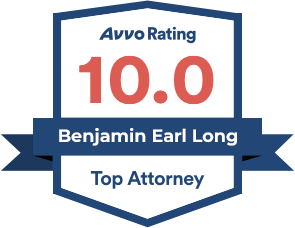Kansas Estate Planning & Probate Attorneys
Comprehensive estate planning covers nearly every aspect of life. At Schlagel Long, we do not offer a "one size fits all" estate plan. We work to form a lasting relationship with you and your family. We take time to get to know you and what you care about.
Our goal is to create an estate plan that is exactly right for you and to empower you with the information you need to know how to use your plan. We want to have a deep-rooted relationship with you so that you are always comfortable calling us when you need us.
Meet Your Estate Planning Attorney Benjamin Long
Benjamin Long is a highly experienced Kansas estate planner and litigator, who specializes in a wide range of probate, property, and business matters.
He is a founding attorney at Schlagel Long, where he helps individuals and businesses create and protect their legacies through estate and business planning, as well as through litigation when necessary.
He has extensive experience representing clients in various estate planning matters such as drafting wills and trusts, designating beneficiaries, minimizing taxes, planning for incapacity, business succession planning, and much more.
Benjamin received his law degree from Washburn University Law School, where he earned a Certificate in Advocacy and was inducted into the Order of the Barristers, a national advocacy honorary organization for oral and written advocacy. Prior to law school, Benjamin received a Bachelor of Science in Biology from Kansas State University, where he was involved in Student Government, Track and Field, and Rugby.
Benjamin is a Super Lawyer Rising Star, an award given to only 2.5% of eligible attorneys, and has received the Martindale-Hubbell Client distinction award, awarded to only 1% of eligible attorneys, he also has an AVVO 5.0 star rating. He is also an adjunct faculty member at Washburn Law School and serves as the head coach of the Kansas State University Mock Trial Team.
In his free time, Benjamin enjoys spending time with his family in Olathe, Kansas, where he resides with his wife, Dr. Andra Long, and their two young daughters.


Estate Planning Legacy Planner
Everyday, we work with people who have lost someone they care about. There is so much these folks have to organize and manage. This planner organizes the information they will most need, in our experience, saving so much time and unnecessary cost. Besides organizing your information, it's so important to have a good estate plan that will keep your family out of court and conflict.
Please use the button below to receive a free copy of our Estate Planning Legacy Planner, an organization tool essential to any estate plan designed to help your loved ones take care of you and handle your affairs.
Fundamental Estate Planning
There are many legal strategies involved in estate planning, including the creation of:
- wills,
- revocable living trusts,
- irrevocable trusts,
- durable powers of attorney,
- living wills,
- asset inventories,
- transfer on death documents,
- and Healthcare and Advanced Directives Attorney..
Our process starts with you filling out an assessment to convey your goals and organize information about your family and assets. If you take the time to fill out our assessment, we will meet with you in a free strategy session to talk about the simplest plan to accomplish your goals and protect your family.
In our strategy session, we will tell you what our firm can do for you and teach you some things you can do for yourself. There is no obligation or pressure to move forward after our meeting. If nothing else, you will have a much greater understanding of the risks of not having an estate plan, things you can do yourself to protect your family, and an organized set of information that your family will find invaluable.
Probate
Creating Your Family Legacy
Special Needs Trusts & Issues
Blended Families
Minor Children
Estate Planning FAQ's
What Is a Will?
What Is a Living Will?
What Is Joint Tenancy With Rights of Survivorship?
(in some states “Tenancy by the Entirety” when between spouses)
This is the most common form of asset ownership between spouses. Joint tenancy (or TBE) has the advantage of avoiding probate at the death of the first spouse. However, the surviving spouse should not add the names of other relatives to their assets. Doing so may subject their assets to loss through the debts, bankruptcies, divorces, and/or lawsuits of any additional joint tenants. Joint tenancy planning also may result in unnecessary death taxes on the estate of a married couple.





